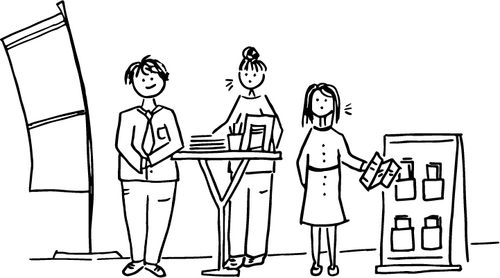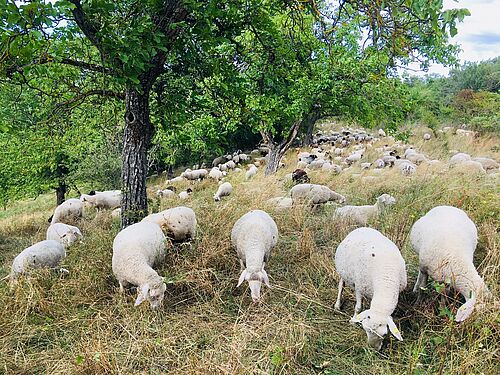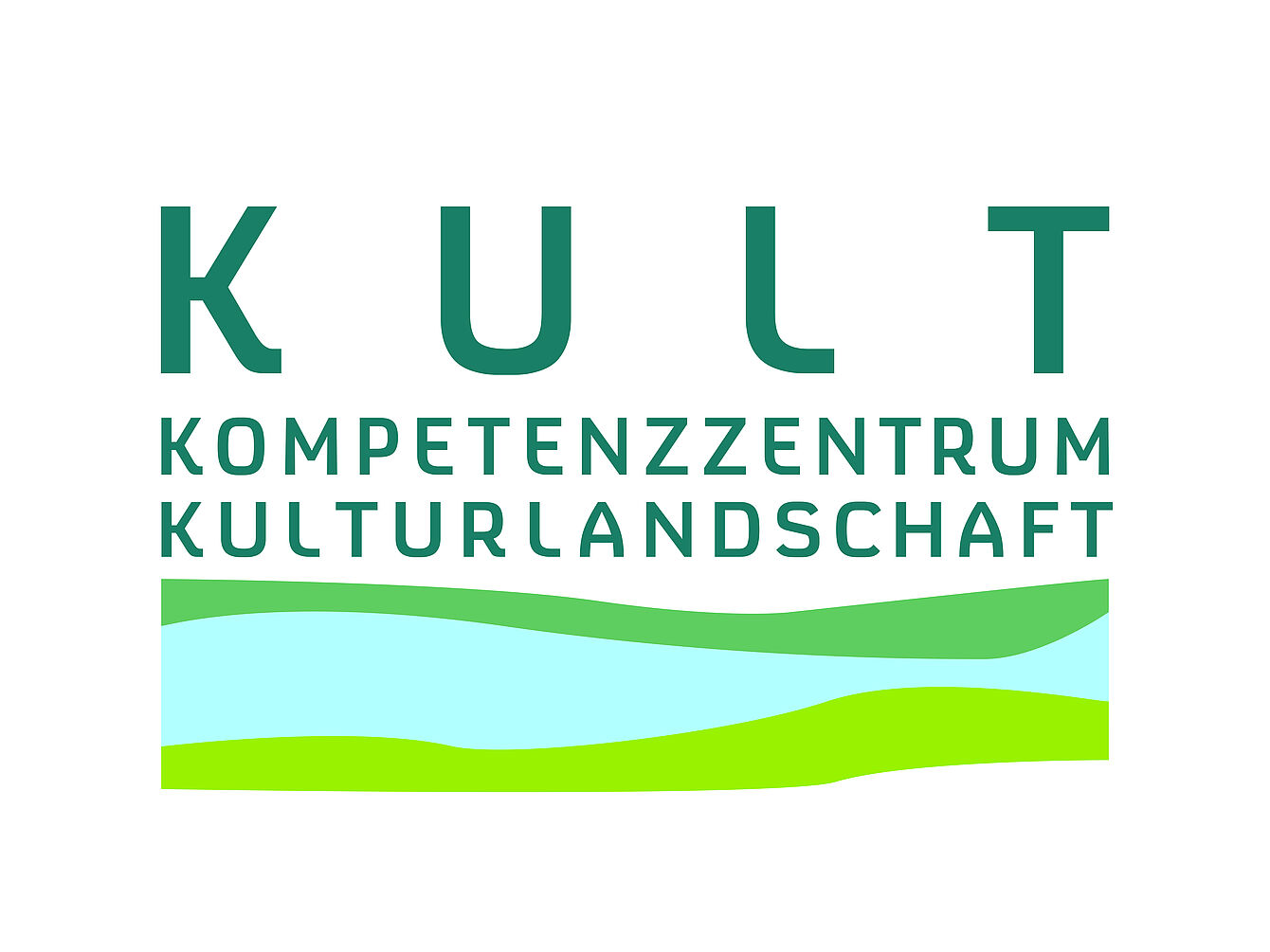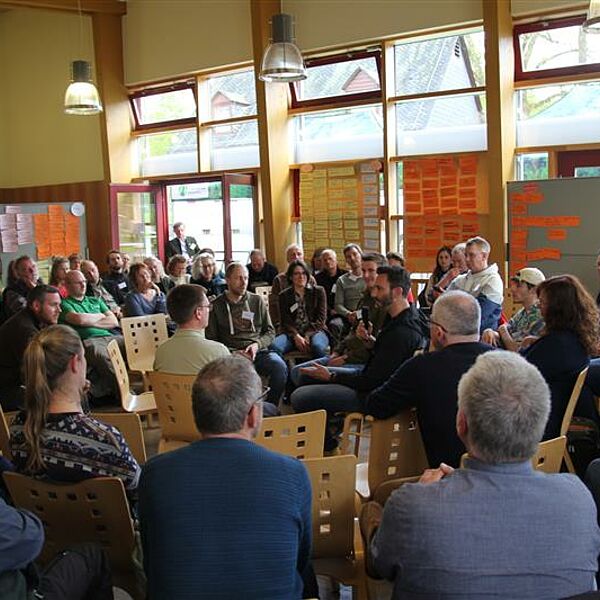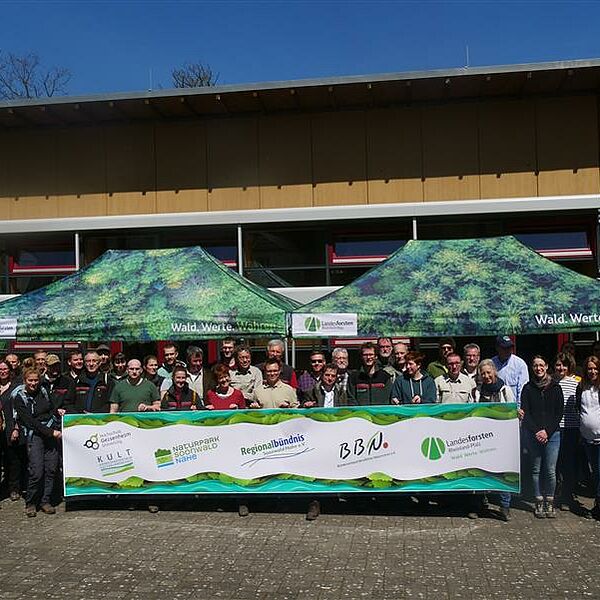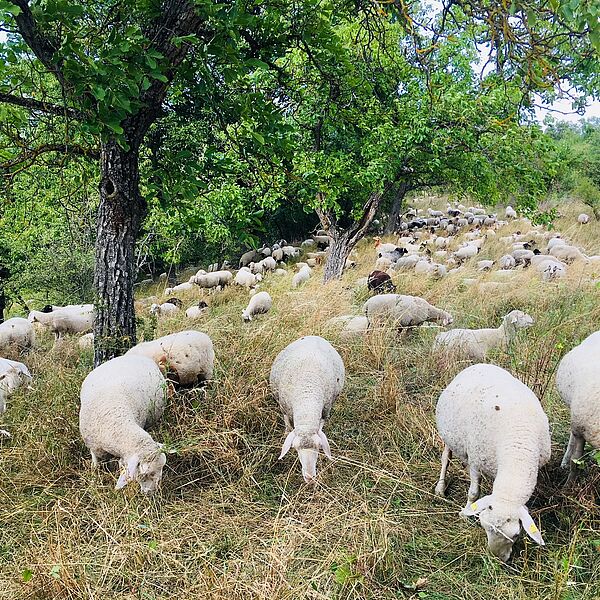Since the beginning of 2018 Hochschule Geisenheim University has been investigating horizontal or cross terracing as a possible solution for steep vineyard sites. Vineyard rows and alleys that run parallel to the hillside can be cultivated using normal narrow-track tractors, which is far less labour intensive. At the same time, the sloped areas offer habitats that can make a significant contribution to biological diversity. However, cross terracing still poses numerous questions with regard to viticultural and ecological aspects, initial vegetation cover, erosion protection, slope maintenance as well as legal issues. The BioQuiS project (biodiversity through cross terracing in steep slope viticulture) addresses all these issues. Ultimately it aims to answer the following questions: what are the benefits of cross terracing for the winegrower, what are the benefits for the natural environment and what needs to be taken into account during implementation?
At the opening event on November 28, 2018 the project leaders, Prof. Dr. Ilona Leyer and Prof. Dr. Manfred Stoll, together with the PhD students Vera Wersebeckmann and Timo Strack, presented the project to a wide audience of winegrowers, associations, nature conservation and viticulture agencies, as well as ministries from Hessen and Rheinland-Pfalz. They were supported by their three partners from within the industry, all of whom have planted new, cross-terraced vineyards as part of the project. And so Stefan Seyffardt and Carsten Weiland from Hessen’s Staatsweingüter (state-owned wineries), Gundolf Laquai (Laquai Estate, Lorch) and Jochen Ratzenberger (Ratzenberger Estate, Bacharach) were able to pass on the valuable experience they’ve gained from creating new, cross-terraced vineyards. Dr. Rogall, an expert from the Rheinland-Pfalz Agency for Geology and Mining, spoke on the subject of slope stability.
In his opening address, Dr. Volker Wachendörfer from the German Federal Environmental Foundation (DBU), which is providing funding of 400 000 Euros for the project, stressed that “We need innovative solutions in order to combine economically viable land use with the preservation and promotion of biodiversity. The approach of BioQuiS in this matter is exemplary: the project represents a significant contribution to a more sustainable steep vineyard viticulture”.
The event took place at the fitting location of the Domäne Assmanshausen am Höllenberg, where Hessen’s Staatsweingüter have created a new project vineyard with horizontal terraces. The participants were able to visit the site at the end of the event. Here members of the project team described the research they have been conducting into the establishment of optimum vegetation cover in the new vineyards. At the end of the project, which is set to run for three years, the relevant stakeholders will be provided with a best-practice guide to cross terracing.
Further information is available at: www.BioQuiS.de
Contacts at Hochschule Geisenheim University:
Prof. Dr. Ilona Leyer,
Department of Applied Ecology
Ilona.leyer@hs-gm.de
Prof. Dr. Manfred Stoll,
Department of General and Organic Viticulture
Manfred.stoll@hs-gm.de

